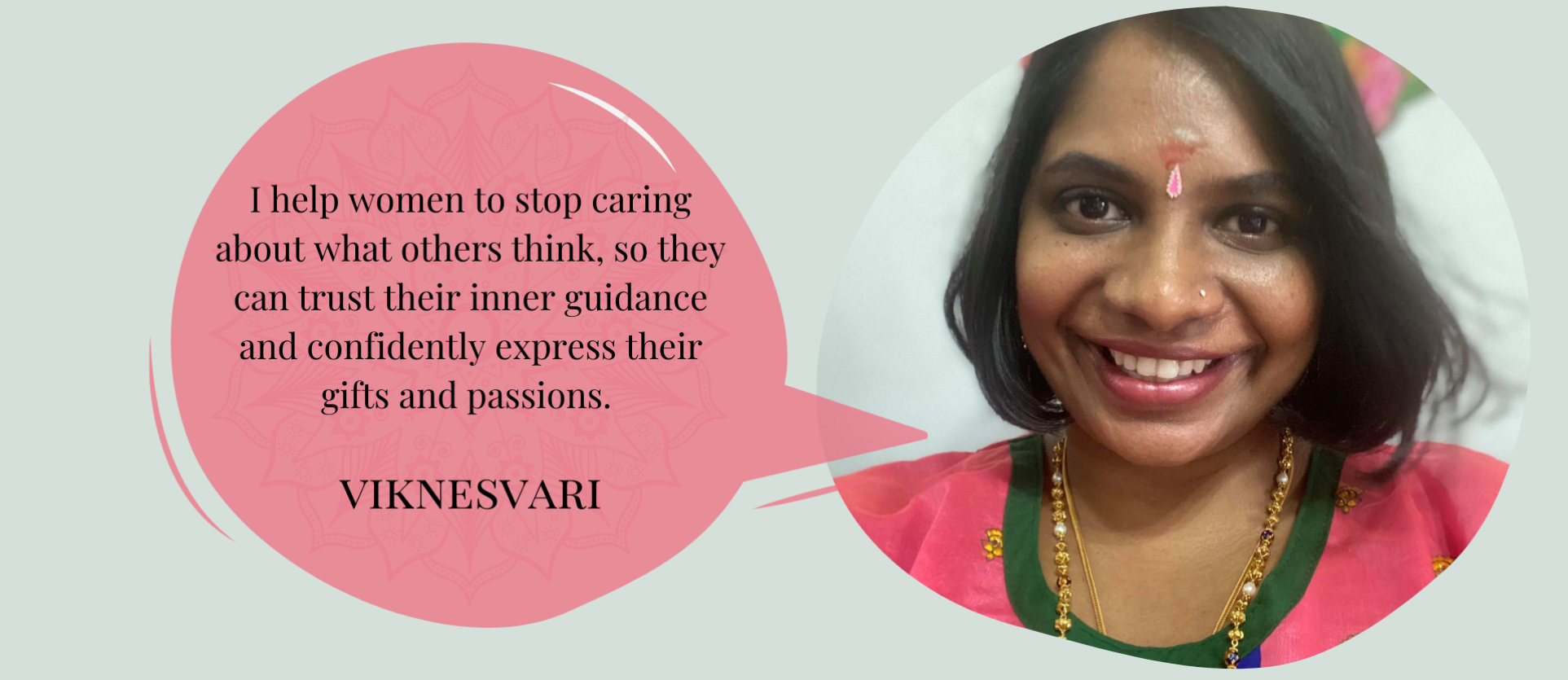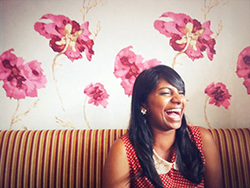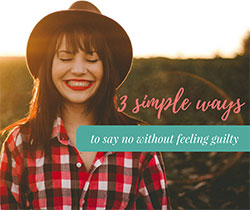How to Create a Safe Space to have the Tough Conversations with your Partner

You are worried that your partner would get upset or feel hurt. You may have been tolerating and accepting their habits or behaviours for a long time and now you’re realising that this isn’t working out for you. In the previous post, I had discussed creating the foundation within yourself. Today let’s look at ‘setting the stage’, before the tough conversation begins.
Every situation is unique and you may need to consider and communicate matters that may not be listed below. However I’d like to give you a basic roadmap that I used, while navigating the tougher roads with my partner, in hopes that this helps you to begin creating a safe space for yourself too.
(1) The best time to have a tough conversation
The best time to communicate your needs to your partner may come after your first (or second) conflict. By then you have the experience to help you understand what you’re ok with and what you’re not. Here are some of the things that I learnt for myself:
I prefer that the conversations:
does not happen late at night
happens when we are not intoxicated with alcohol
happen when I’m not feeling exhausted.
In order for both of you to have the conversation at the ‘best’ time, one of the ways to begin is to invite your partner to the conversation you’re wanting to have. Do not spring the topic onto your partner, with a surprise. Catching your partner off guard, does not give you any advantage. Instead you can say…
“I want to talk to you about (topic) … is now a good time? or when would be a good time for us to talk?”
You can add things like… “It’s important to me that we set aside time to talk about this. When can we do that?”
(2) The relationship space
Imagine an altar. You go there to pray. At times it is a physical space. At times, it is the space in your heart, or the sacred temple of your body. The altar is universally honoured and respected. It is not a space where you go to vandalise the walls. It is a space where you go to listen within yourself, to reconnect with a higher power, to feel the light within you.
There’s a space that you embody in the relationship. Your partner takes up a space too. The both of you create a ‘relationship space’. Source is you, within you, reflected in your partner and surrounds you in this relationship space.
Elizabeth Peru recently spoke of ‘sacred partnership’ with the Universe in 2018. I love that phrase and I’m applying it to relationships. The space that you share with your partner, is sacred. How your partner responds or reacts to you, is not a condition to how you perceive the space between you. No matter what happens, whether there is a breakdown, rage, or forgiveness… this space continues to be a sacred one.
The relationship space with your partner is a reflection of the sacred relationship you have with yourself.
(3) Ask for what you need
Asking for what you need is scary – and only you can give yourself the permission to do exactly that.
Some of the things that I’ve communicated to my partner is:
Most of the time, you see the bigger picture faster than I do. I need you to help me walk there so that I can see it too.
I need for us to not point fingers at each other (or blame) or raise our voice when talking.
Listen to me first, without jumping in to explain, to fix or solve the problem.
One of the things that he told me early on… was not to hang up the phone on him.
When you ask for what you need, you are allowing yourself to be vulnerable. You are also communicating your boundaries with your partner. Before you can do this, you’ll need to get clear on what you need to feel safe within yourself, and around your partner.
(4) Express feelings honestly
Give each other the permission to express your innermost feelings. Often when you feel afraid to speak your truth and share what you’re truly feeling… this is exactly how your partner may be feeling at times too.
Reminding myself that my partner is only human, helps me to put away my expectations and speak to him at the same level, instead of sitting on a pedestal and complain about what I am not happy about. This helps me to have an actual conversation, a two way exchange. Speak, pause, listen, pause.
By communicating this to my partner, it paved the way for me to communicate my fears about having the tough conversation with him.
During the early stages of our relationship, I fell back on questioning the stability of our relationship whenever we had a disagreement – it hurt the both of us in our hearts. This was a powerful turning point of our relationship as we both communicated our commitment to each other and our relationship; that no matter what happens, we are in it for the long run; that when we disagree with each other, we are not disagreeing about having a relationship with each other.
The most important thing is to take time to consider if your partner is safe for you to be vulnerable with. Should you need someone to help you facilitate a tough conversation between you and your partner, please seek professional help where you live.
PS: If you’d like support with prompts and accountability, join my group Flow of Appreciation where we have reflective practices that will help to shift your important relationships in your life. . I’ll see you inside the circle!









